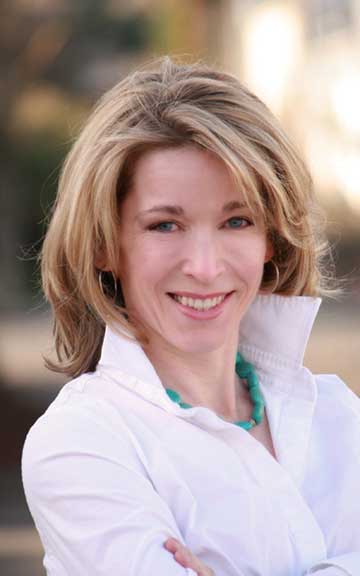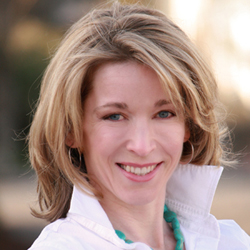Middle Age is for the Birds
One of the more interesting phenomena of middle age is the recognition of just how very stupid you have been up to this halfway point. Let’s be honest: in your teens you’re simply an ass; in your twenties you think yourself invincible; in your thirties you still entertain the idea that it will be “like this” for decades to come. Then, finally, in your forties, you began to get a glimpse over the hill that you didn’t realize you were climbing, and a dawning awareness begins to arise. Until 45 or so, most of us feel like we really have our stuff together; we think we’re brilliant and special and, unlike those other sad people, we are never going to have flappy upper arms or wear stupid-looking pajamas or talk about our tendonitis. We’re not going to eat dinner at 5 and be in bed by 8:30. Not us.
My late 40s has been a wonderful and humbling experience. I now know, for example, why my parents wanted to sit down at 5 o’clock and have a drink. I understand this in a way I never did before because I am there. Judgment is being supplanted by empathy. The parenting business an obvious one for discovering one’s youthful arrogance, but other more subtle situations illuminate my former hubris.
For example, I used to think that a fondness for birds and bird watching was sort of sad, something lonely people did in lieu of having real pets and real relationships. Lately, however, I sit on my front porch in the predawn darkness in my pathetic pajamas, wrapped in a blanket with my mug of tea, and I listen to the dawn songs of mourning doves, robins, wild turkeys and owls, and I realize now how very important they are. The birds remind me of the perfection of being. Unlike humans, they don’t try. They are not out to impress, not encumbered by fear and judgment and doubt: they just are themselves. I listen to their songs, smiling and silently apologizing for my former arrogance.
It’s good to wake up but it’s a real blow to the ego. The psychologist Carl Jung said that every defeat for the ego is a victory for the Self; as ego shrinks, our real self–the part of us that is divine and eternal–grows. This is good thing, but the process is no picnic. To get to that higher Self, the ego has to take a few in the keester. You have to get rid of all the junk you’ve piled up in order to feel safe and smart. You have to be humbled, and age is nothing if not humbling.
Ironically, it is this ego defeat that opens us to our real power. Not having to appear smart, you can become wise. Being able to say, “I don’t know,” is incredibly liberating; it opens you up to the fullness of life’s potential, removing the limitations we unwittingly place on ourselves in our youth. I don’t know and I don’t have to know. I can be interested. I can be open. I can wonder. I can see what unfolds. I don’t know it all, and I never did, and I never will. Bliss.
I just turned 49, thank you, and the view from here is pretty amazing. I have tendonitis and I wear old sweats and my day is just not right without a few minutes on the porch with my bird friends. I’m less preoccupied about what I have, and more concerned with what I am sharing. I get it now. It’s only, and always, about singing your song.
KATE INGRAM is a writer, psychologist and soul coach. To find your song, please go to www.katherineingram.com and follow her @kateingram425.


 KATE INGRAM, M.A., is a counselor, soul coach and author. Her first book, Washing the Bones: A Memoir of Love, Loss, and Transformation about her journey through grief and depression to spiritual awakening, was awarded a 2014 Nautilus Silver Medal and a 2014 Indie Book Award. To receive free monthly inspiration or to find out more about her work, please visit
KATE INGRAM, M.A., is a counselor, soul coach and author. Her first book, Washing the Bones: A Memoir of Love, Loss, and Transformation about her journey through grief and depression to spiritual awakening, was awarded a 2014 Nautilus Silver Medal and a 2014 Indie Book Award. To receive free monthly inspiration or to find out more about her work, please visit